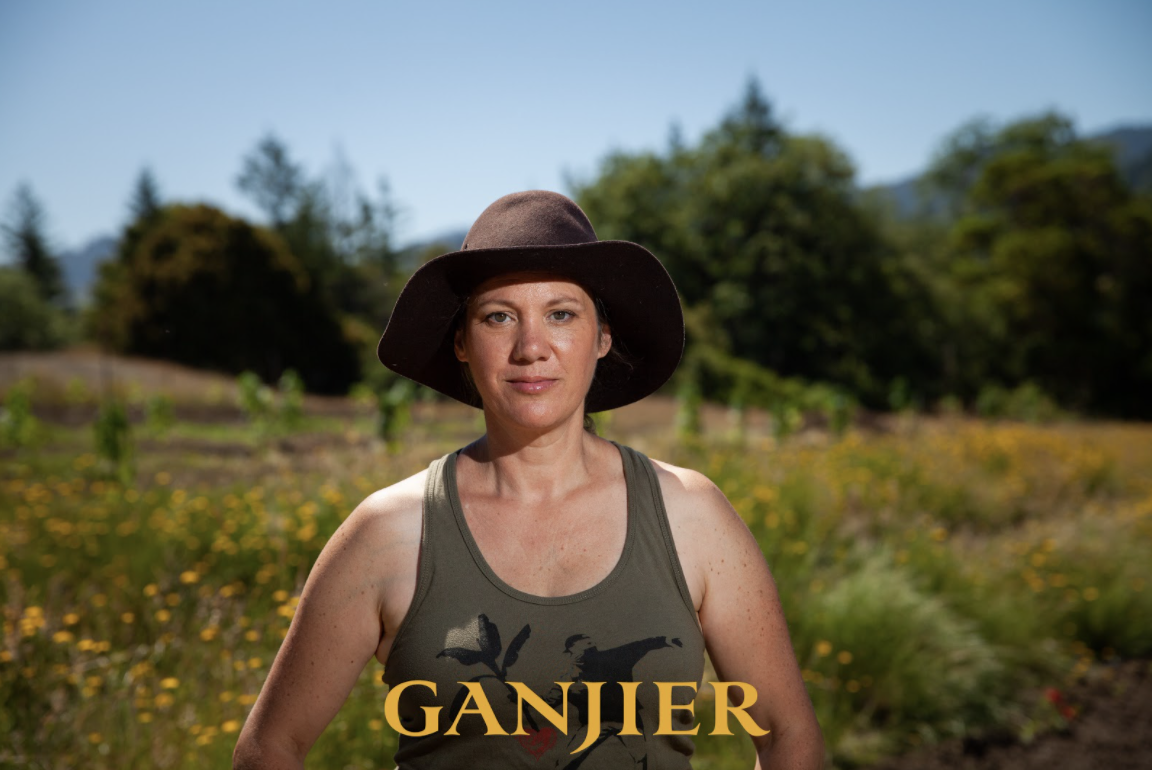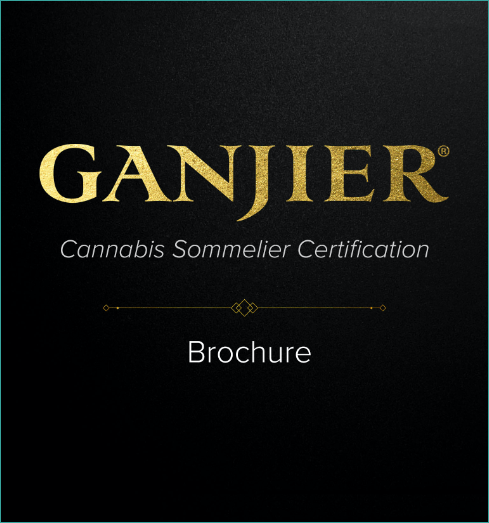A second generation, regenerative farmer residing in Southern Humboldt County, Wendy Kornberg oversees Sunnabis, her family-run farm that produces high-grade, medical cannabis for herself and California patients. Tending to her off-grid location through organic and natural farming methods, she cultivates exciting new cultivars and heritage strains using the farming techniques and seed stock that have been preserved and passed down since the 1970’s. Wendy also consults and sits on the boards of many non-profits, as well as being the Regenerative Cannabis Advisor for Sensi Magazine.
Wendy Kornberg Teaches Contemporary Consumption Options
In her lesson, Wendy Kornberg explores the four major cannabis product categories: flowers, concentrates, edibles, and topicals. She begins by defining each of the four categories and the products that fall within each class of products. After defining the categories, Wendy explains how the cannabis sommelier can interpret the information provided on the labels of these products to identify the unique effects of each product type.
Lastly, every product discussion concludes with a thorough review of the associated consumption methods, tools, and techniques. How one chooses to consume cannabis has a profound effect on the experience, and, considering that many clients shop with a feeling in mind, it is important to have a solid foundation in consumption methods. This course gives you that foundation.
Excited to take this exclusive online course? Sign up for the Ganjier interest list to be notified first when it goes live.
A Conversation with Wendy Kornberg
Why did you join the Ganjier Council? Why do you think the Ganjier is important?
I joined the Ganjier Council because it is very apparent that, in the face of the new social acceptance of cannabis use, there is a lack of education and information for many consumers. Going into retail stores and asking for guidance in which products, brands, or cultivars to choose is painful, at best, and in most cases the sales person has little to no knowledge about who the producer is, where or how the flower is grown, or what product will be best for the consumer. Can you imagine going to a restaurant and having the server not even know the menu, let alone be able to make a good recommendation? Having a Ganjier cannabis sommelier in the position to guide and direct birth the consumer and the sales force is imperative if people are to have good experiences with cannabis, especially as new consumers.
In regards to what you specifically covered in the Ganjier curriculum, why do you think this knowledge is important for the Ganjier and the health of the cannabis industry?
Many consumers new to cannabis are hesitant to jump right into a smokable or edible, so having products that can ease them into comfortable usage is incredibly important. Understanding that this herb is more than something that just “gets you high” and has beneficial medicinal values beyond something you ingest is incredibly important to convey. Even long time smokers are often impressed by the effectiveness of topicals, patches, as other modes of consumption. And for those that want to experience smoking cannabis for the first time we want them to feel comfortable with the tools and options they have and not be intimidated by the idea that they may have to roll a joint or know how to use a dab rig.
Why do you feel it’s important for people to understand how to assess the true quality of cannabis flower and concentrates? What benefits does this provide to the industry?
One of the main problems we see in the industry today is the lack of understanding on what makes a quality flower or concentrate. People judge on “bag appeal” and then have less than wonderful experiences and leave wondering what all the hype is about. As our industry shifts farther towards social acceptance, we need to expand on the mainstream information that is available and to be sure that consumers understand that the enterprise effect is real and this plant is about more than just a pretty picture. Knowing that a product has been properly assessed and graded by a trained professional and that that information is readily available can help guide consumers into making better choices for a fuller experience. As an industry this removes any bias for indoor vs outdoor vs greenhouse and places the value solidly on the quality of the product – where it should be!
To you, what are some of the most important nuances and elements of truly high-quality cannabis?
The quality of cannabis is so much more than simply clean testing and high THC. Understanding the interplay of terpenes and cannabinoids is key for the cannabis sommelier to more accurately predicting what kind of effect any given cultivar will have. When we look farther than the herb itself we begin to see that how and where the plant was grown is also incredibly important. Supporting small farms and recognizing the ecological footprint of the flower is the only real way to support changes in this planet that we need to make happen. If we want to continue to have soil to cultivate in we need to be moving toward supporting regenerative farms with our choices in what we consume.
Why do you think it’s important to establish a common standardized language in the cannabis industry? Any specific examples that stand out to you most?
For cannabis to move into the mainstream and be accepted as another agricultural crop, as well as an important medicine, we must move away from bro science and bad terminology and begin to speak to the standardized languages that are already widely accepted in horticulture and medicine. A perfect example is the slang term “strand”, which obviously came from strain. Strains are used to describe bacteria and viruses, not plants.
How do you think The Systematic Assessment Tool (SAP) will have an impact on the cannabis industry? Are there any parts of The SAP you find most valuable or beneficial?
The SAP can help standardize the industry by creating a baseline for how we grade cannabis. Currently there are quite a few different protocols, but each one is subjective to the company that is using it. Once we have a standardized way of assessing products we will be able to create consumer confidence in the products themselves. People will understand the value of what they are buying, and they will be able to make their choices accordingly. The best part of the SAP is that because there is a grading system that results in a total score, we can now see how products will stand up against each other in a much more objective way.
Enrollment for the first certified Ganjier class will open in Winter 2020. Capacity is limited. Join the interest list if you want to be among the first Ganjiers to transform the cannabis industry as we know it.


